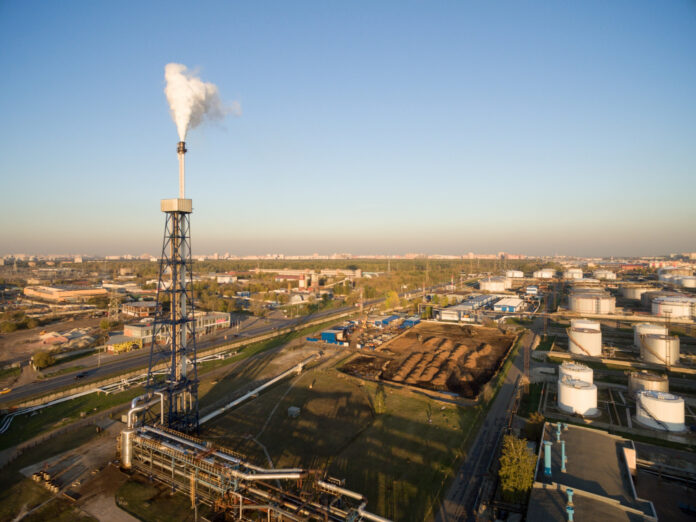Traders brace for potential escalation as Middle East conflict threatens vital oil supplies
Global oil prices surged on Friday after Israel confirmed it had launched strikes against Iran, dramatically escalating already simmering tensions in the Middle East. The sudden flare-up sparked immediate turmoil in energy markets, with traders fearing the conflict could threaten crucial oil supplies from the region.
Benchmark contracts Brent Crude and Nymex Light Sweet both jumped by more than 10% shortly after the news broke, underscoring the market’s sensitivity to geopolitical developments involving major oil-producing nations.
The rising cost of crude doesn’t just affect traders. It ripples across the global economy, influencing the prices consumers pay for food, fuel, and countless everyday essentials. As the price of oil rises, so too does the cost of transporting goods, running factories, and filling cars at petrol stations.
Energy analysts are now watching closely for Iran’s response. “It’s an explosive situation, albeit one that could be defused quickly as we saw in April and October last year, when Israel and Iran struck each other directly,” said Vandana Hari of Vandana Insights, speaking to the BBC. However, she warned that any escalation risked drawing the wider region into conflict, with dire consequences for oil supply.
Iran plays a critical role in the global oil market, and any disruption to its output or shipping routes could have far-reaching effects. In a worst-case scenario, analysts warn Iran could seek to cripple oil supplies by targeting key infrastructure or maritime routes—particularly the Strait of Hormuz.
This narrow waterway, nestled between Iran to the north and Oman and the United Arab Emirates to the south, is one of the world’s most vital shipping lanes. Roughly one-fifth of global oil exports pass through the Strait of Hormuz, making it a choke point for global energy security. At any given moment, dozens of oil and gas tankers are either entering or leaving the strait, ferrying supplies from Middle Eastern producers to markets around the world.
The vulnerability of this route has long been a source of concern for energy markets, and Friday’s developments have reignited those fears. Saul Kavonic, head of energy research at MST Financial, noted, “What we see now is a very initial risk-on reaction. But over the next day or two, the market will need to factor in where this could escalate to.”
The latest hostilities add a fresh layer of complexity to an already volatile market, which has been grappling with fluctuating demand forecasts, production cuts by OPEC+, and lingering effects of global economic uncertainty. While previous skirmishes between Israel and Iran were contained quickly, the risk of broader confrontation remains ever-present.
For now, global leaders are urging restraint, hoping to prevent the conflict from spiralling into a wider war that could destabilise not only oil markets but the entire region. Any prolonged disruption in oil flow through the Middle East would not only spike prices further but could also trigger inflationary pressures worldwide, impacting households already grappling with the cost-of-living crisis.
As oil markets remain on high alert, traders, governments, and consumers alike are bracing for what could be a turbulent period ahead. The coming days may prove critical in determining whether this latest confrontation remains a contained flashpoint—or ignites a far more dangerous conflagration that reshapes global energy dynamics.
